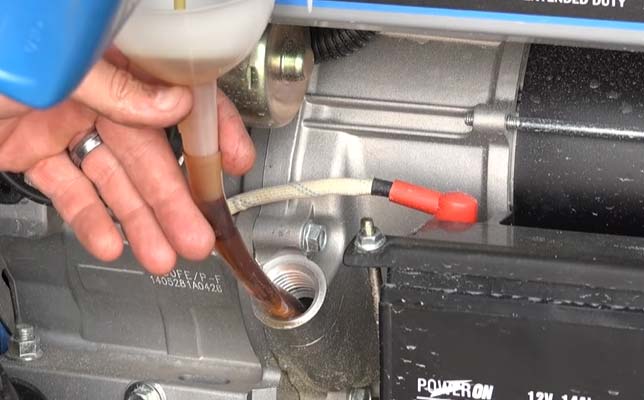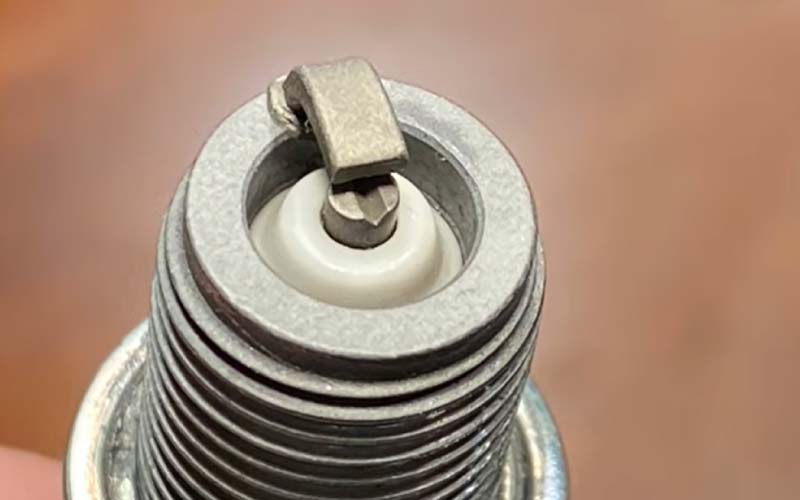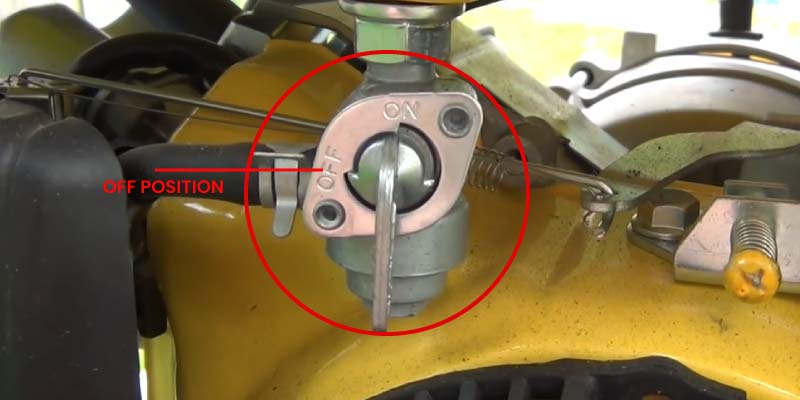10 Reasons Your Generator Won’t Start – [Fix It Yourself]
In this article, I have listed 10 common reasons your Generator won’t Start, you can troubleshoot it yourself. Most of the time, a spark plug, dry air filter, and clogged carburetor prevent the generator from starting. Read the article to know them all.
The sale of generators as an emergency power source has increased to 5% from 3% since 2013 due to the frequent and prolonged power outages caused by Hurricanes, floods, tornadoes, extreme cold, extreme heat, and other environmental disasters.
Not everyone purchases a portable generator for power outages only, some guys like me purchase them for camping, RVs, tailgating, and other outdoor activities.
Whatever the case, a lot of people are investing in generators, but, not all of them know how to maintain a whole or portable generator when won’t start.
I will tell you the 10 common reasons your generator won’t start and how to tackle them. I will give you some examples as well.
10 Reasons Your Generator Won’t Start
1. Low Oil In The Engine:

Nowadays, all modern portable inverter generators have a low oil shutoff feature that automatically shuts down your generator when oil levels are low to the engine.
Back in the day, there was no such feature and I am a clumsy ass guy who hates to do manual labor. I always forget to change the oil on time after 40 or 50 hours of runtime and it won’t start because the engine was eating oil after a certain period.
You can check the oil levels with a magnetic dipstick if your generator doesn’t have a low oil shutoff feature. Change the oil after 20 hours if it is a new generator. Make sure to check for leakages as well, it happens sometimes.
If you don’t change the oil on time, the engine will slowly reduce the oil inside and it causes internal friction which leads to a lesser lifespan.
Checkout our guide How to change the engine oil of generator
2. Check The Fuel
If you have checked the fuel and made sure all the valves and tubes connecting to the tank are open in case of propane, and your tank is full in case of gasoline, then the uneven surface is the reason.
Placing a generator on an uneven surface can cause the fuel to slide down the other side where ignition doesn’t work. Place it on an even surface, then give it a try.
It is extremely frustrating when the generator won’t start when we desperately need some power.
3. Dead Battery Could Be The Reason Your Generator Won’t Start
If your generator has a push-button starter or remote starter that needs a battery, then you need to regularly charge using a trickle charge otherwise it won’t start.
Use a manual recoil starter once in a while, it will add some juice to the battery.
4. The Choke Is In The Wrong Position
The job of the choke is to regulate the flow of air into the carburetor during startup. If the generator is vibrating strangely and not starting up, then a choke may be the problem.
A cold engine should have the choke closed completely, once the engine starts and warms up, you can fully open the choke.
If you have used the generator recently, the engine is should be already warm, in that case, open the choke halfway to restart the engine.
Generators with electric start have auto chokes nowadays. You don’t have to do it manually if your generator has an auto choke option.
5. The Clogged Air Filter Needs Replacement
I and my buddies were camping side by side out there in the sub-zero temperature. While I was enjoying the heat from the electric place powered by my Westinghouse iGe4500, my buddy was struggling to start his HONDA EU3000.
I checked the oil levels, fuel, choke, and battery, but the problem was the “Dry air filter”. It was clogged with dust and debris. It was blocking the air, the carburetor wasn’t receiving enough air for the combustion.
Luckily, he had a spare and we replaced the air filter and started the generator. If your generator is working but not producing power, then you would need to flash your generator using either a battery or a drill.
How Often Do You Need To Change Your Generator Air Filter?
Clean it regularly if you think it is dirty and dusty. Replacing an air filter depends on the runtime of the generator. If you are regularly using your generator, replace it once in 6 months even if you are cleaning it regularly.
Checkout our full generator maintenance guide
6. Cables Are Plugged In The Generator Outlet
Whenever you start your generator, make sure nothing is plugged into the outlets. Cords plugged in can get in the way of your generator startup.
The generator takes a few seconds to settle down, during those few seconds you would notice a surge in power output which is harmful to power-sensitive appliances.
7. The Spark Plug Is The Problem

One of the biggest reasons the generator won’t start is the spark plug. Over time, deposits, and buildup can appear on the spark plug, use a spark plug wrench to remove it.
Check if it is covered with black deposits, use a brush and gasoline to clean it, or carb cleaner, porcelain, or broken electrodes. If it doesn’t work, it needs to be replaced.
To test the spark plug, hold I close to the engine crankcase (Very close), and don’t screw it in using the wrench. Then, give some tries with the recoil starter, if the sparks are strong with blue color, then the ignition coil is fine. If the sparks are weaker, then it sparks plug needs to be replaced. If there are no sparks, then there is some problem with the ignition coil.
Even if a spark plug looks visibly look fine, it can just go bad and wear out. It is completely normal.
8. Clogged Carburetor Could Be the Reason Your Generator Won’t Start
Before storing your generator for a month or so, always remember to drain the carburetor properly, because old gasoline forms a clog in the carburetor, making it difficult for the new fuel to get through.
To clean the carburetor, close the fuel valve, and remove the bowl at the bottom of the carburetor.
Firstly, clean the main jet (brass nozzle found in the main central system) with a needle or safety pin. Use a brush, petrol, and a towel to clean the fuel debris. Turn the fuel valve on before starting the generator again.
9. The Fuel Valve Is Clogged Or Closed

The fuel valve regulates the flow of fuel from the fuel tank to the carburetor. First of all, make sure it is set to open to allow the fuel. If the valve is open and still the generator won’t start, then maybe the fuel valve is clogged.
In addition to the carburetor, the fuel valve could be clogged during the period of storage, and that could be the reason your generator won’t start.
Unplug the hose from the inlet side of the fuel and check if the fuel can flow freely. Clean it if it is blocked.
10. The low-Oil Sensor Malfunctioning Could Be The Reason Your Generator Won’t Start
Not all generators have low-oil sensors to automatically shut down the generator when the oil is low and needs to be replaced.
But, if your generator has this feature, then you must be relying on it. Most of the time when the low oil sensor malfunctions, it keeps the generator from starting regardless of the oil levels.
To check it, you would need to disconnect the sensor by unplugging a wire that runs out of the crankcase.
After that, start the generator. It starts, then the sensor is the problem. Plug and unplugging the wire again it will likely fix the problem, but if it doesn’t, then you would need to either replace the wire or the sensor itself.
Conclusion
If your generator won’t start, don’t panic. Through some basic troubleshooting, you will be able to start again.
Try some of the tips mentioned above, most of the time, a spark plug, dry air filter, and clogged carburetor prevent the generator from starting. Check these three first, then move on to the other things.

Alex Black is a seasoned electrical engineer with a remarkable 8-year track record specializing in appliances, generators, and transfer switches. With extensive hands-on experience in the field, Alex possesses a deep understanding of electrical systems and their intricate workings. Throughout their career, Alex has consistently demonstrated expertise in designing, troubleshooting, and maintaining various electrical appliances.
